Saudi Arabia's government has disclosed that at least 320 executions have taken place so far this year, with two-thirds of those cases related to drug offenses. This significant increase in executions has raised concerns among human rights activists, who argue that the death penalty is being disproportionately applied to low-income foreigners. According to Reprieve, a human rights group based in London, the majority of those facing the death penalty are from countries such as Egypt, Ethiopia, and Somalia.
Saudi officials have justified the use of the death penalty for drug smugglers, stating that the crime is akin to a violent attack on their conservative Islamic society. However, court documents reviewed by The New York Times and interviews with relatives of those facing the death penalty suggest that some of those accused are low-level smugglers who claim to have been coerced into carrying drugs.
The number of executions in Saudi Arabia has risen sharply over the past three years, despite past pledges by Crown Prince Mohammed bin Salman to curb the practice. This trend has sparked concerns among human rights activists, who argue that the death penalty is being used as a tool to suppress dissent and maintain social control.
Human rights activists point out that low-income foreigners are disproportionately represented on death row, with many facing the death penalty for crimes that would not carry such severe penalties in other countries. "The use of the death penalty for drug offenses is a clear example of the Saudi government's willingness to disregard international human rights standards," said a spokesperson for Reprieve.
The Saudi government's approach to combating drug trafficking has also been criticized for its lack of transparency and due process. Many of those accused of drug smuggling have reported being subjected to coercive interrogation techniques and denied access to legal representation.
The use of the death penalty in Saudi Arabia has been a long-standing issue, with the country having one of the highest execution rates in the world. In recent years, the government has increased its use of the death penalty, with a significant spike in executions taking place in 2022.
The current situation in Saudi Arabia highlights the need for greater transparency and accountability in the application of the death penalty. Human rights activists are calling for an end to the use of the death penalty for drug offenses and for greater protections for low-income foreigners who are disproportionately affected by the practice.
As the situation continues to unfold, human rights activists will be closely monitoring developments in Saudi Arabia and advocating for greater accountability and transparency in the application of the death penalty.
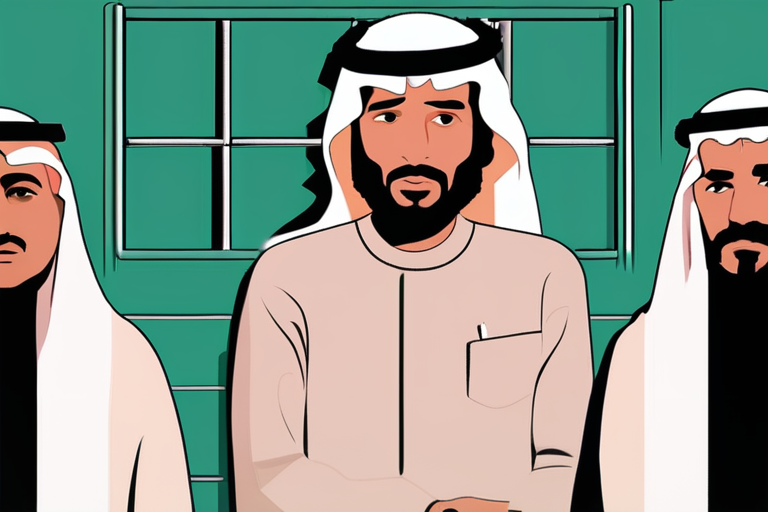




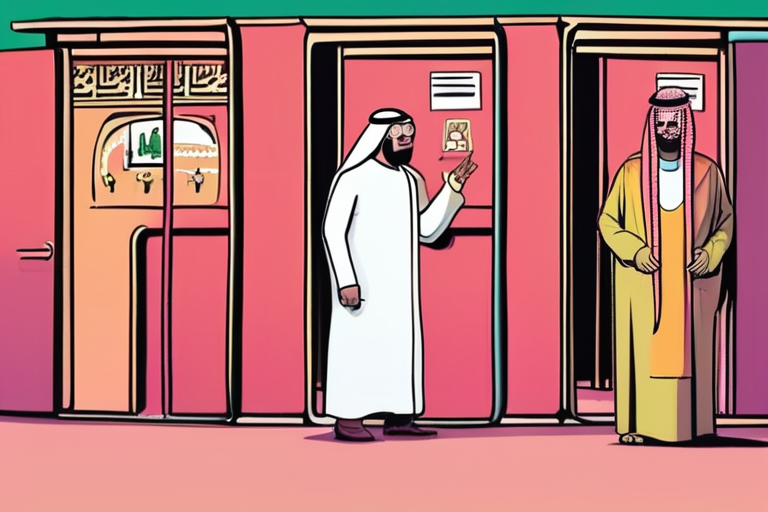
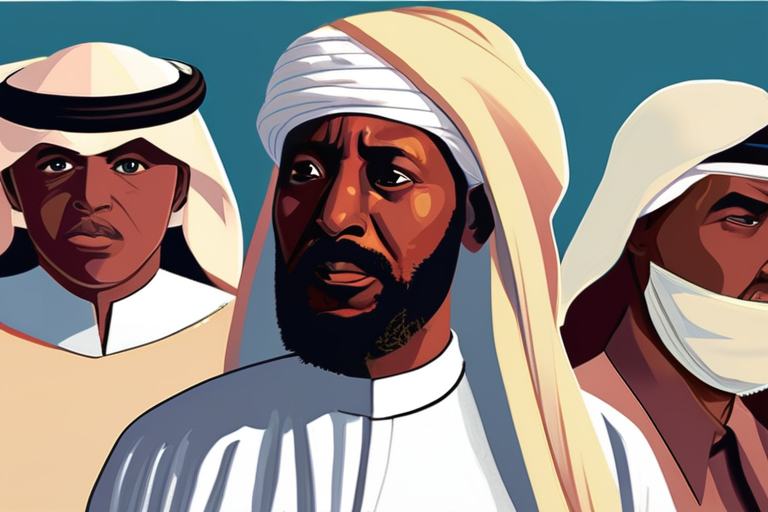
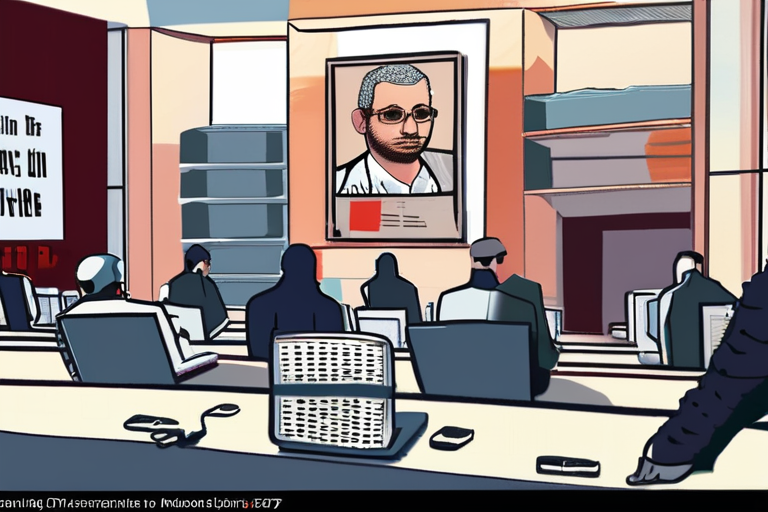

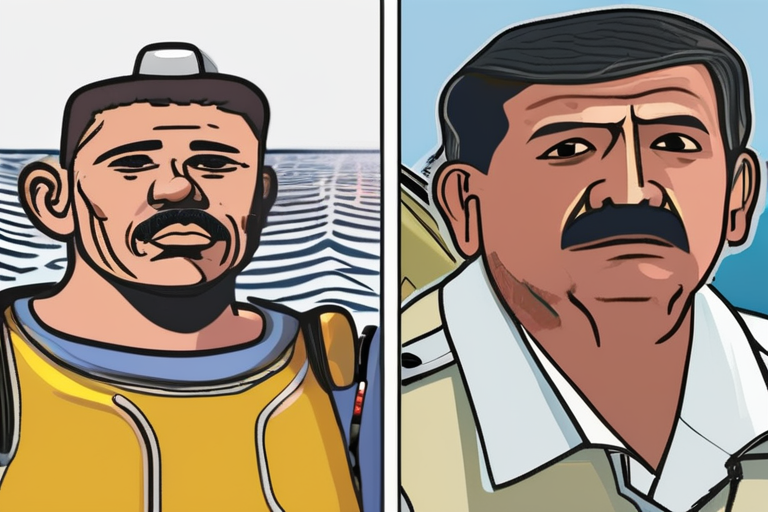

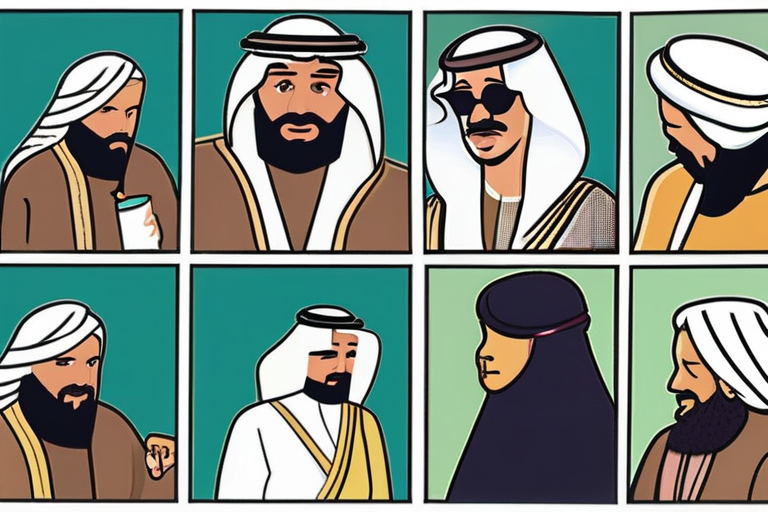
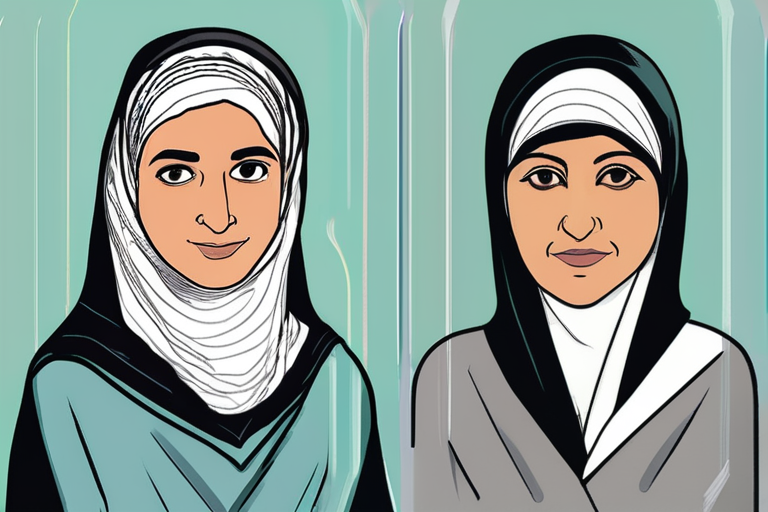
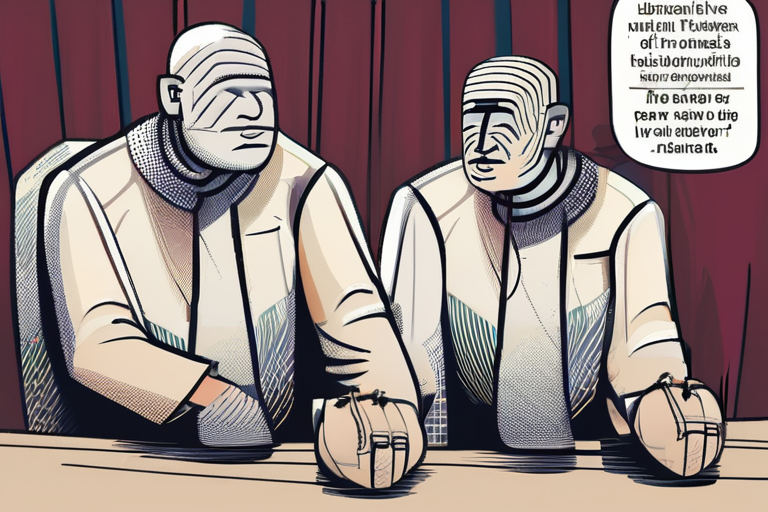
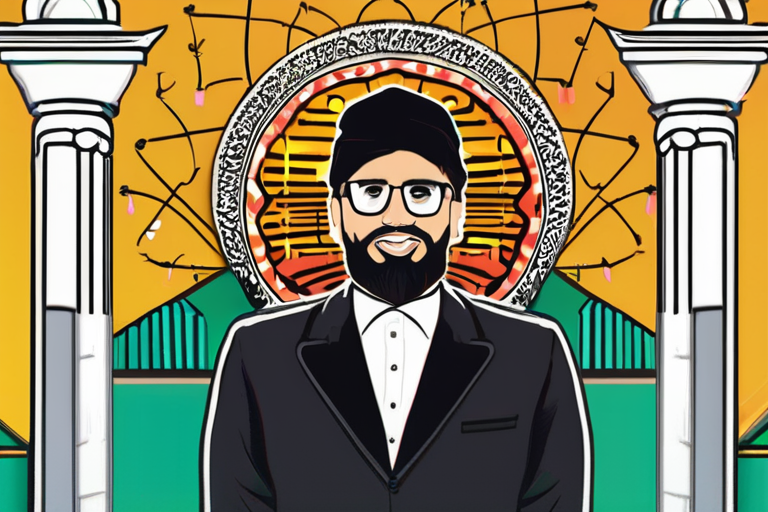

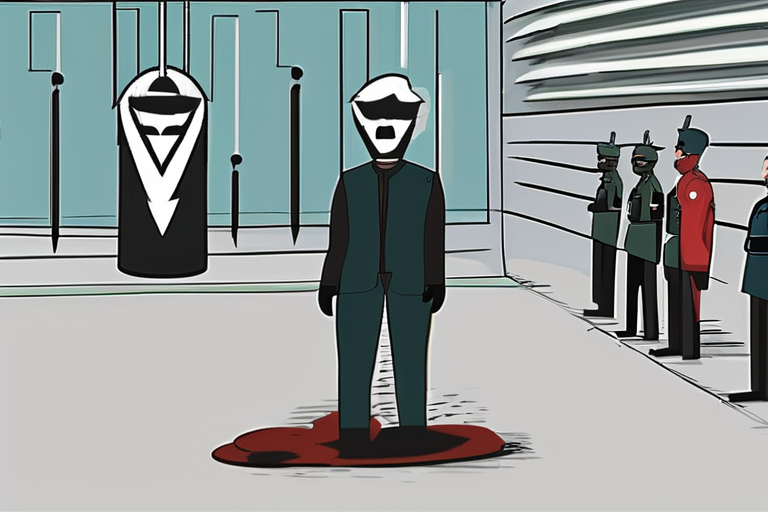
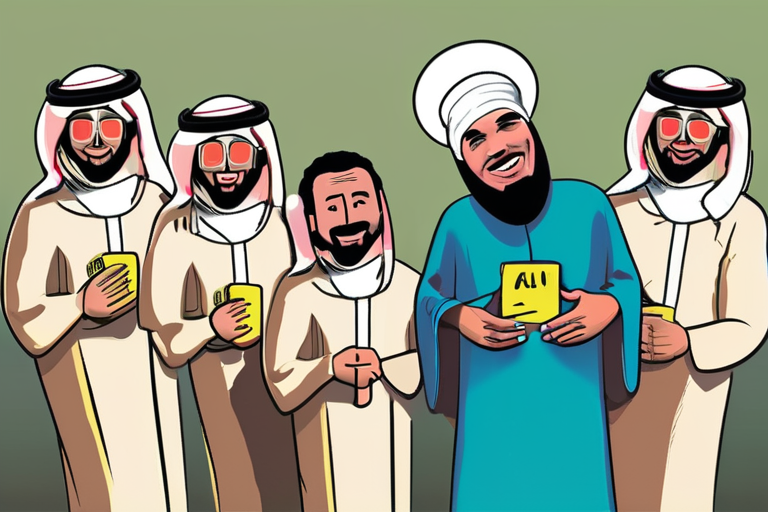
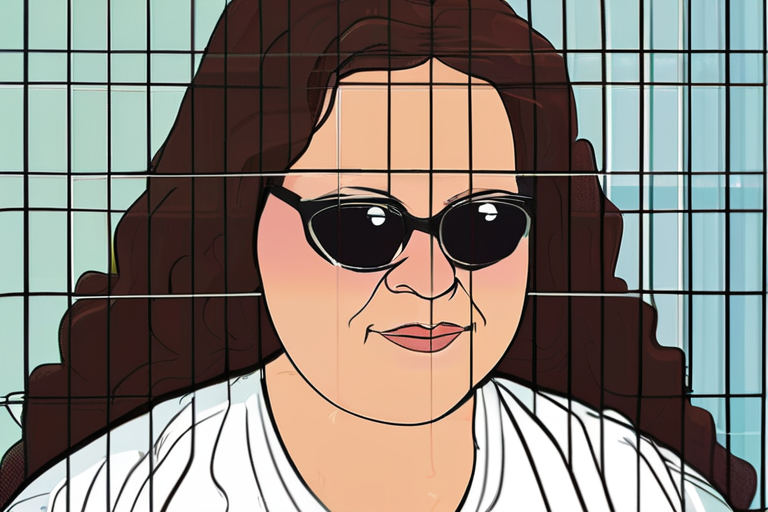
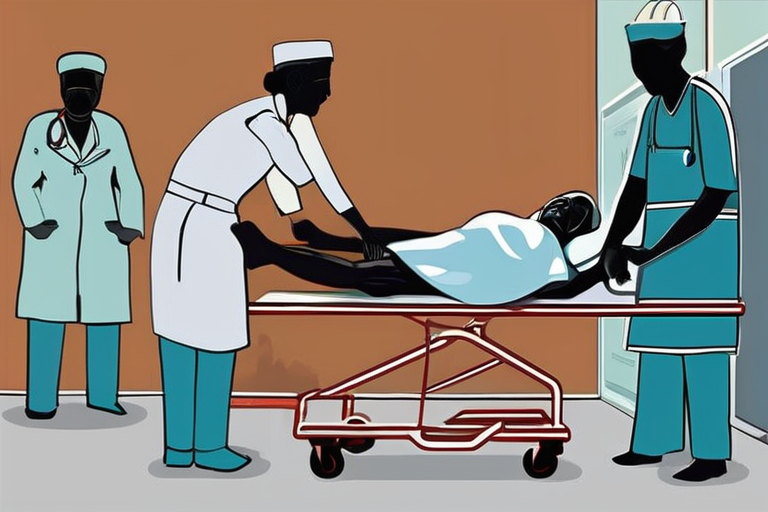
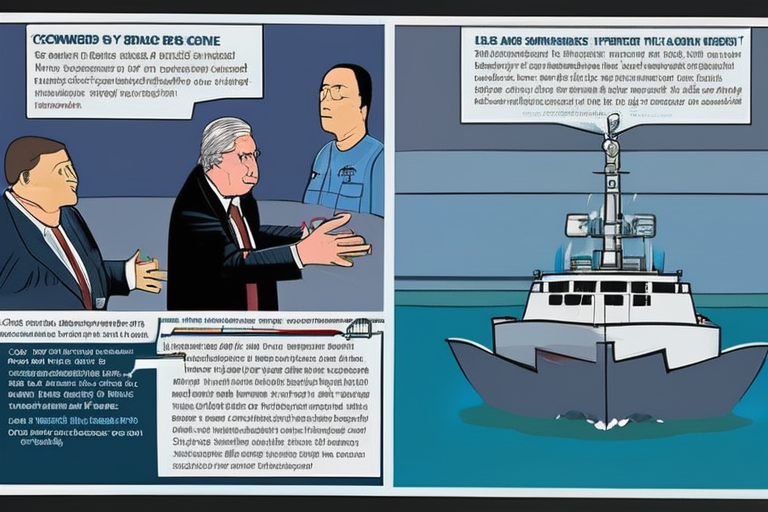
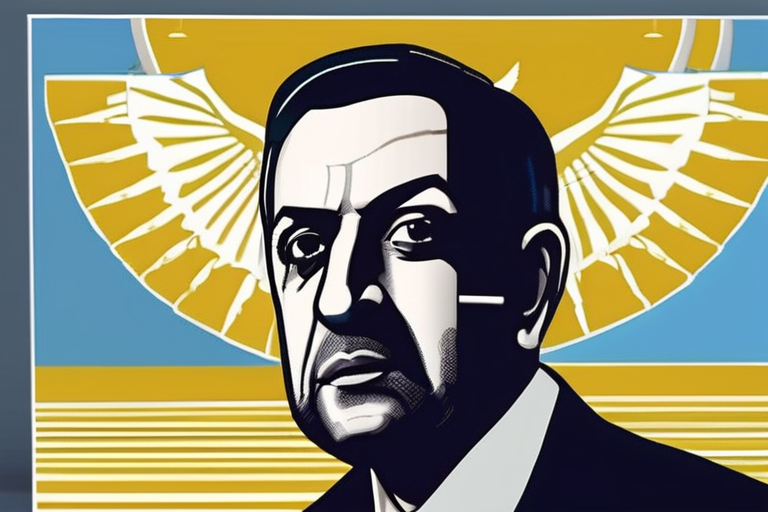

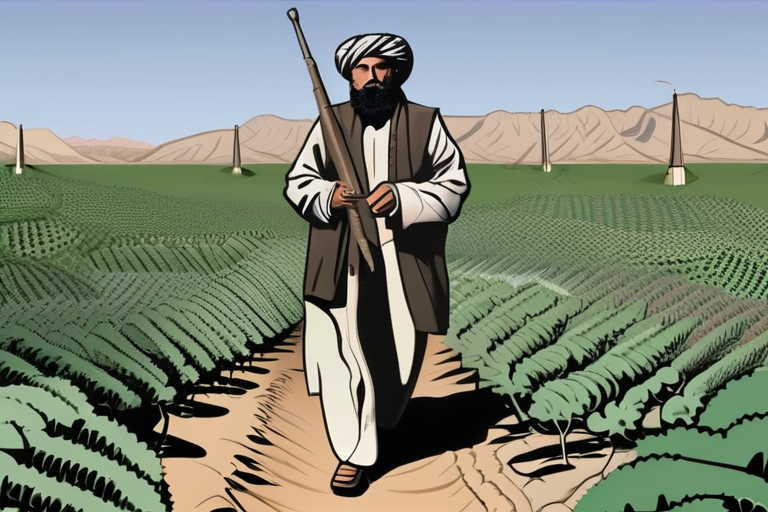
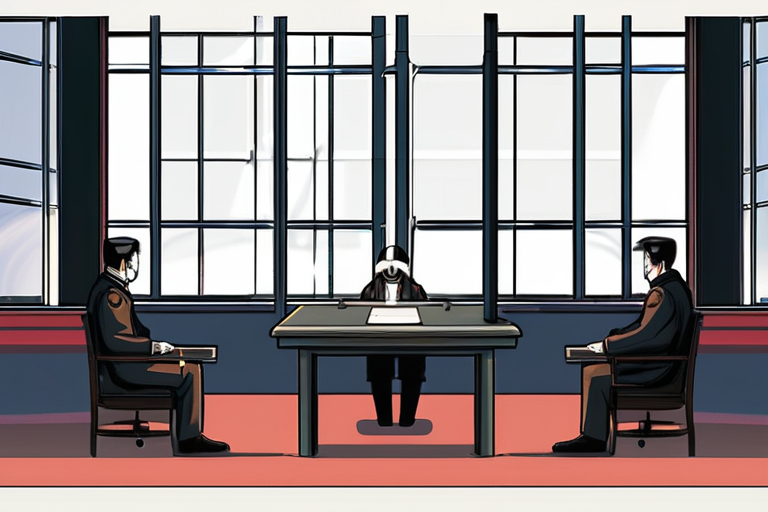

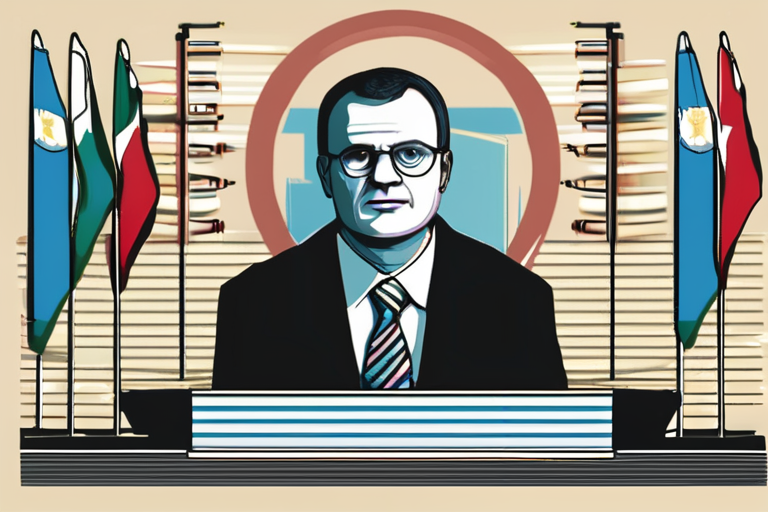
Share & Engage Share
Share this article